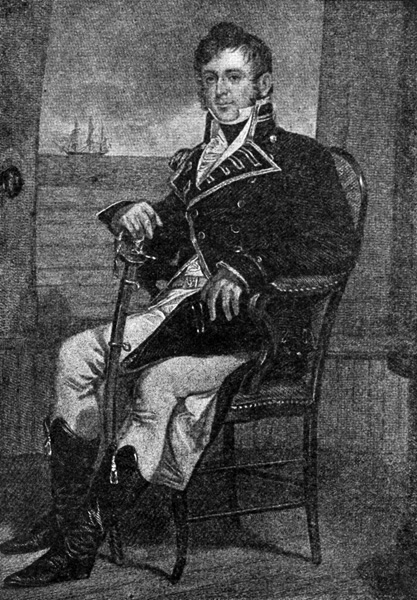
Yet elsewhere, Lawrence seems to hover above the realm of right and wrong, as a pragmatist with no compunction about causing harm if it achieves a given goal. He helped June too, by turning a blind eye to the Mayday network operating out of his home, and facilitating her rescue of 86 children. He was devoted to his wife Eleanor before she took her own life, he didn’t force his Handmaids to take part in ‘The Ceremony’, and he arranged the means of Emily’s escape to Canada. On several occasions, Lawrence’s arrow has pointed to decency. In season four, both Nick and June explicitly tell him that he’s a good man, and relative to the other Commanders (the lowest of low bars), they’re right. Evaluated on a moral basis, it’s less of a winner.Ĭommander Lawrence isn’t an amoral character, nor is he a villain on The Handmaid’s Tale.

Measured strictly by the birth rate metric, it’s a successful system. His work legitimised a process by which women and girls had their rights stripped away, and were imprisoned and raped to reverse the national drop in birth rate. His books on the infertility crisis and export economics prior to the coup were a major influence on the formation of the Handmaid system. An economist, he co-designed Gilead’s mechanism, and has a hand in its foreign and domestic policy, law, security and international trade. He’s part of its ruling Commander class, and the head of a wealthy household. Anybody who’s survived to this point – seven years in by season four – has found a way to live with unconscionable things, either as a prisoner of Gilead or a collaborator in its brutality… Or, like Joseph Lawrence, as both.īradley Whitford’s character is a keystone in Gilead’s edifice. In the aftermath of its bloody power-grab, dissenters were wiped out and disobedience became punishable by death. The regime inculcates cruelty and precludes solidarity.

For all Gilead’s performative piety, goodness is not something it values.


 0 kommentar(er)
0 kommentar(er)
